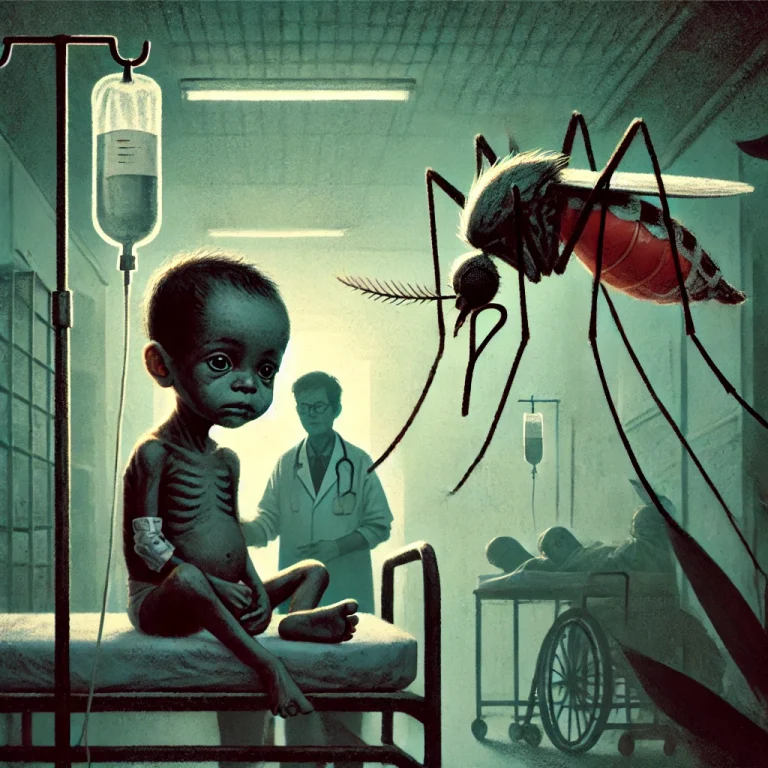By Anna Moses
Residents of Saukakahuta in Minna, the Niger State capital, have been advised to avoid practices that encourage mosquito breeding, as part of efforts to curb the rising cases of malaria in the community.
Hadiza Musa, a nurse at the local primary health facility, gave the advice while speaking to our reporter on the habits responsible for the current outbreak of malaria in the area.
She warned against the dangers of storing rainwater in open containers, noting that mosquitoes can breed in such water within three days.
“When rainwater is kept open at our backyards and left unused for two to three days, mosquitoes begin to breed on it. Before you know it, they multiply, bite people, and spread malaria,” she explained.
According to her, poor environmental hygiene, stagnant water in gutters, containers and potholes, as well as the failure to use insecticide-treated mosquito nets at night, remain major risk factors. She further noted that staying outdoors late into the night without protective clothing or repellents increases the likelihood of mosquito bites.
A resident, Manasseh Dada, also raised concern, disclosing that he had to treat his wife and son multiple times within a short period. He blamed improper waste disposal for worsening the situation, saying discarded containers often collect rainwater and become breeding sites for mosquitoes.
“Neglecting early treatment of malaria symptoms or failing to complete prescribed medication can also worsen the spread, as untreated individuals serve as reservoirs,” he added.
Both Hadiza and Manasseh emphasized that embracing healthier lifestyles and maintaining cleaner surroundings would significantly reduce malaria cases in Saukakahuta.


